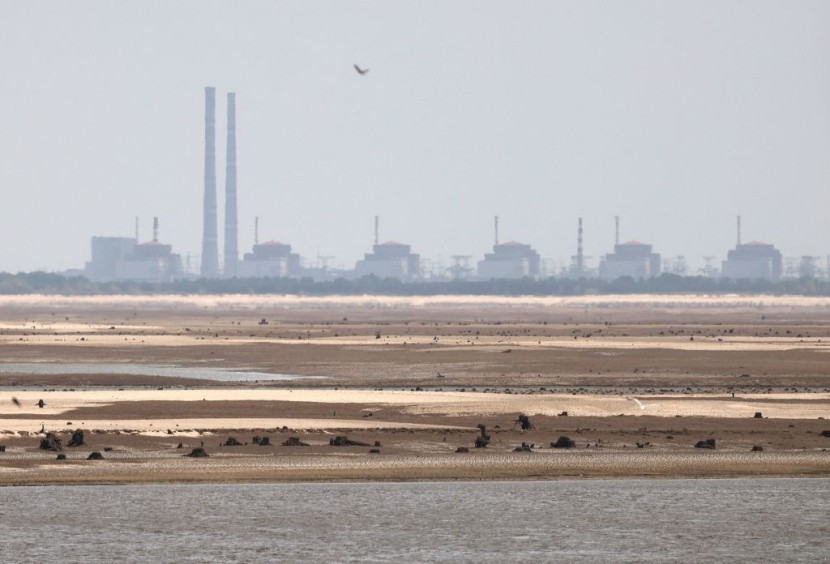
Ukraine's Main Directorate of Intelligence (GUR) has revealed that Ukrainian special forces made three failed attempts so far to liberate the Zaporizhzhia Nuclear Power Plant (ZNPP), which is currently occupied by Russian forces.
GUR Chief Lt. Gen. Kyrylo Budanov told Ukrainian news outlet NV on Sunday (October 8) that Kyiv's special operation teams carried out the liberation missions, with the first taking place in August 2022.
The plant - the largest in Europe - has been under Russian control since its invasion of Ukraine began, making it one of the first sites seized by Russian forces. Its six reactors are currently in shutdown mode and its one remaining power line is supplying the electricity needed to prevent a reactor meltdown, Newsweek reported.
When the plant was seized by the Russians in March 2022, concerns were rampant about a potential nuclear catastrophe similar to what happened in Chernobyl in 1986, especially with the destruction of the Kakhovka Dam last June, which drained the reservoir that provided water to cool its reactors.
Ukrainian President Volodymyr Zelensky said in March that holding a nuclear power plant "hostage" for over a year was "surely the worst thing that has ever happened in the history of European or worldwide nuclear power."
Read Also : North Korea- Russia Rail Traffic Suggests Arms Deal to Moscow as Carriages More Than Triple
Budanov: ZNPP Missions Crucial in Crimea Landings
Ukrainian forces were forced to retreat during an August 2022 attempt to create a bridgehead on the left bank of the Dnipro River that would have paved the way to liberate the plant, Budanov said. Two other attempts were made, but both failed.
"But as the GUR gained experience in landing operations, the Russians in the area became more and more prepared," he added. "And at the moment of the third landing operation, they deployed heavy military hardware, including tanks."
Despite this, Budanov said the operation provided practical skills for everyone involved in the three operations on how to operate on the water, which proved to be effective in Ukraine's latest incursion in Crimea.
An estimated 500 to 600 Russian troops are stationed at the plant.
Related Article : Is China Bigger Threat Than Russia? US Republicans Say Yes
© 2025 HNGN, All rights reserved. Do not reproduce without permission.








